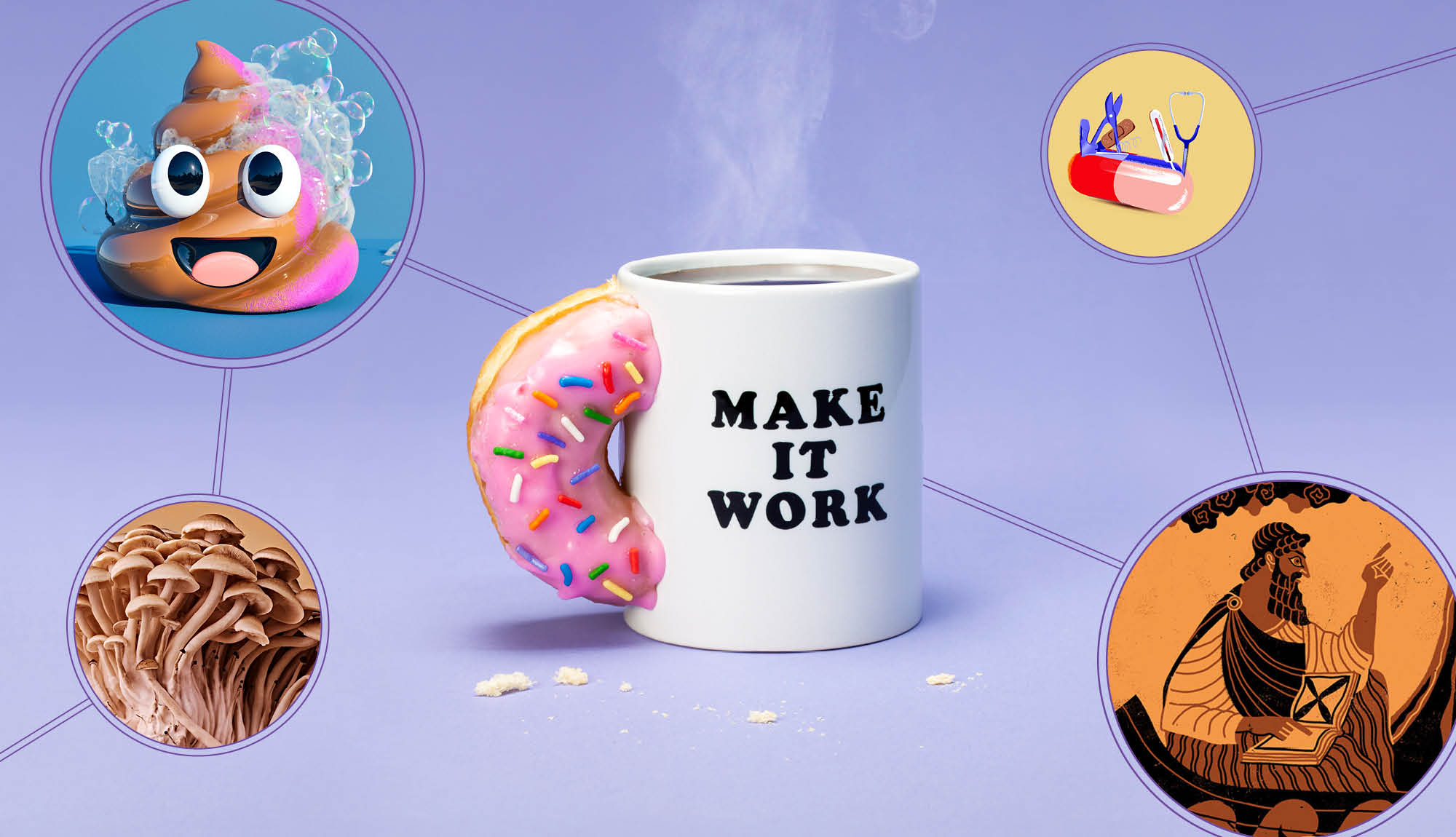

Last year, Popular Science celebrated 150 years with an abundance of pomp and circumstance. We paid homage to our founders, poked fun at zany old experiments, corrected the record, and nerded the heck out.
But change is inevitable, even for a magazine with a mighty legacy. In a world that craves newness, our age is showing. As AI upheaves the internet, gene therapy reshapes medicine, and electric batteries bring transportation up to speed, PopSci needs to evolve to keep our readers entertained and informed. People consume far more information than they did a century-and-a-half ago, with vastly different channels—and we’re challenging ourselves to bring rigorous, creative storytelling to as many of those as possible. Our all-digital publication will now be published on PopSci+ first, giving subscribers access to features, galleries, and columns before the entire issue releases on our apps, on your ereader, or on Apple News+.
In other words, we’re making it work, which is why our spring 2023 issue hits exceptionally close to home. When PopSci editors brainstormed its theme last year, we were thinking something along the lines of “hacks” or MacGyver. But the message we landed on is so much stronger.
“Make it Work” is a nod to all the tinkering and ad-libbing that comes with a scientific breakthrough; a salute to those who won’t quit until they’ve solved society’s most frustrating riddles; an ode to the understated inventions that make life run a little smoother. It’s also a sobering walk on the wild side, where we’re forced to wonder, “What happens if it doesn’t work?” The theme takes us to the “land of lost toys,” where stacks of magnetic tape gather dust; it sends us to the solar system’s edge, where two space probes are wandering beyond expectations.
We see this kind of do-the-best-with-what-you-got attitude in our online coverage often. Whether it’s a computer scientist fusing mushrooms with motherboards or the simple ways to beef up a password, humans constantly want to make improvements. As a publication that’s lasted 150 years—and would like to survive 150 more—we share the same drive to adapt, succeed, and race to the front. Our new editor-in-chief, Annie Colbert, is taking the steering wheel to get us there; look out for her wise reflections and cultural witticisms in each issue going forward.
The future looks bright, probably because modern LEDs use a fraction of the energy lightbulbs used to. What should the world upgrade next?
Read more PopSci+ stories.
